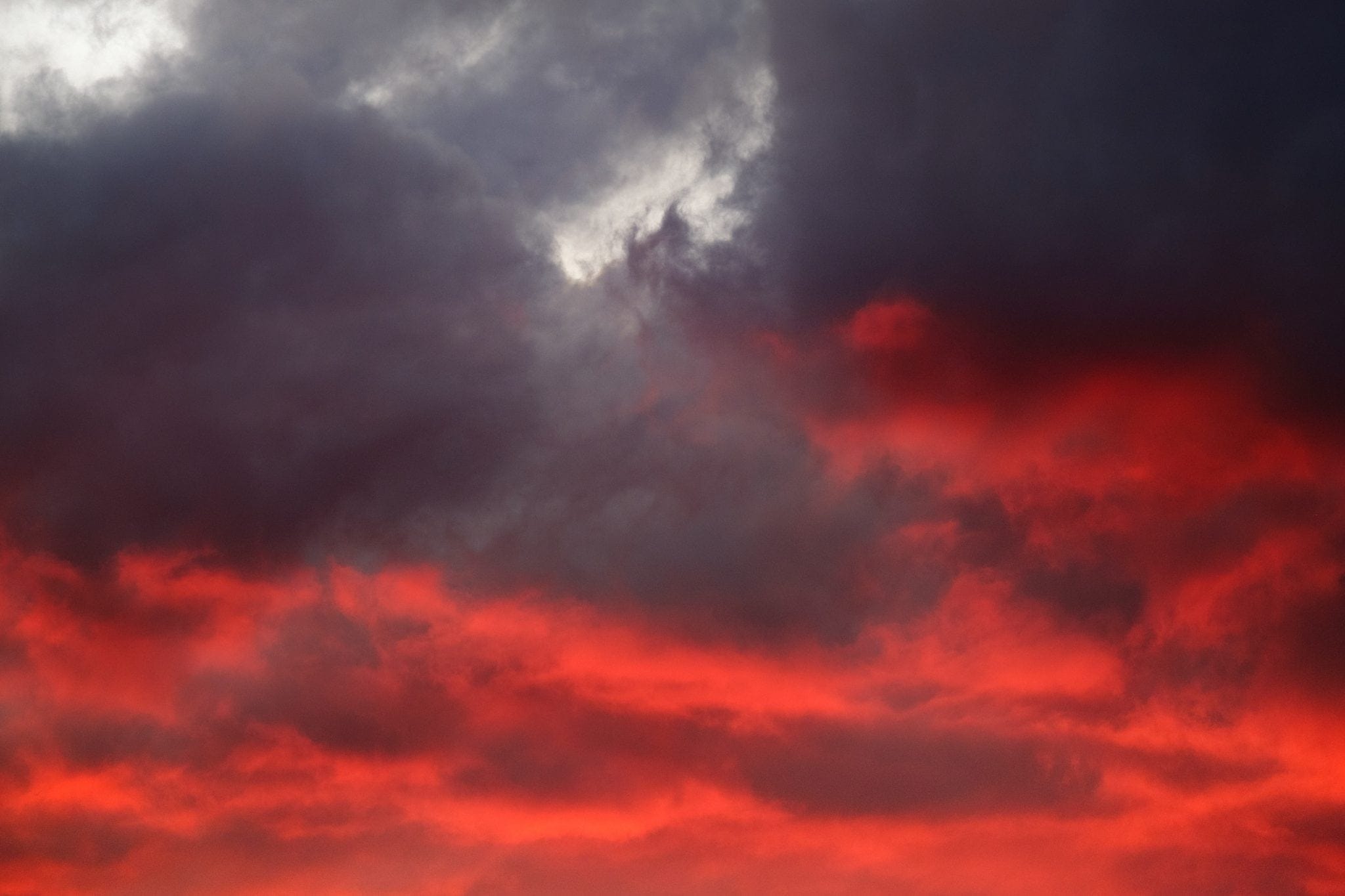The Blessings of Suhur – Shaykh Jamir Meah
Shaykh Jamir Meah gives us all a simple reminder of the blessings of the pre-dawn meal or Suhur.
Opportunities to obtain benefit (worldly, spiritual, or both) present themselves with every passing breath of our lives. Even in the smallest moments of spare time, or in the seemingly easiest and mundane of acts, we find opportunities that carry tremendous blessings and moments of spiritual profit.
The pre-dawn meal (suhur) during Ramadan is one such easy, golden opportunity to effortlessly reap manifold blessings and rewards. Numerous Traditions have reached us in regards the blessings of the pre-dawn meal. Such as:
“Take the morning meal. Verily, there is blessing in the morning meal.” (Bukhari)
“You must take the morning meal. Verily, it is a blessed meal.” (Nisa’i)
“Indeed Allah and His angels send blessings upon those who have the pre-dawn meal.” (Al Tabarani)
While not obligatory, it was from the immense love and desire for good for his Umma that the Prophet, Allah bless him and give him peace, urged us to observe the sunna of suhur. The Prophet, Allah bless him and give him peace, himself would invite others to partake in the pre-dawn meal with him, saying “Come to the blessed breakfast!” (Abu Dawud)
Two Sunnas of Suhur
There are two sunnas: the sunna of the actual suhur and the sunna of delaying the suhur as much as possible.
The time for the pre-dawn meal enters in the middle of the night (not meaning midnight, rather, the night must be calculated in hours to find the middle). Anything eaten before the middle of the night is not considered suhur, while anything eaten after this time receives the reward of the sunna of suhur.
However, it is a separate and confirmed sunna to delay the pre-dawn meal as late as possible (opposite to breaking the fast), unless one becomes uncertain if Fajr has come in or not. The Prophet, Allah bless him and give him peace, said: “Eat and drink and let not the ascending white light stop you, so continue to eat and drink until redness appears on the horizon.”
The length of time between when the Prophet, Allah bless him and give him peace, stopped eating and stood for the Dawn prayer was said to be “time enough to recite 50 verses” ( Bukhari) which is only a few minutes or so.
A Mark of This Umma
This delaying of the pre-dawn meal is a specific characteristic of this Umma, setting it apart from previous nations. It is narrated that past nations would eat their meal before they slept, and some would forbid eating or drinking after sleep, or even after late evening, and these practices were still prevalent in the early days if Islam. (Hashiyat al Bajuri)
This is why the Prophet, Allah bless him and give him peace, said: “My nation will not cease to be upon goodness so long as they hasten to break their fasting and delay the morning meal.” (Musnad Ahmad)
Other scholars have stated that the pre-dawn meal inculcates piety, taqwa. (Bushra al Karim)
Many people find eating the pre-dawn meal difficult, and unfortunately miss out on the blessings that come with eating the meal at its time. As if speaking to those people directly, the beloved Prophet, Allah bless him and give him peace, urged us to still partake of the suhur, by saying, “Do not abandon it, even if you take only a sip of water.” (Musnad Ahmad)
The Minimum Sunna
For those who really struggle with taking the suhur, one could simply put a glass of water next to one’s bed or anywhere near one, and take a few sips before Fajr, with the intention of it being suhur.
The order of recommended food is the same as when breaking the fast, namely, fresh dates, then dry dates, then water. If one is going to eat more than this, one should start with these first. Any amount of food or drink suffices to fulfill the sunna.
Imam Ibn Hajr stated that one should partake in the pre-dawn meal even if one is already full-up. (Tuhfa al Muhtaj, Bushra al Karim) And yes, even just that (essential) cup of tea or coffee will fulfill the minimum sunna!
Measure in All Things
One should eat well at suhur times, but not go to excess, which also applies to the iftar (the evening meal), for Allah says:
إِنَّهُ لَا يُحِبُّ الْمُسْرِفِينَ
Verily, He likes not those who commit excess. (Sura al A‘raf 7:31)
It is easy after a day of abstinence to instinctively want to indulge and make up for “missed” meals throughout the night! However, though the physical day’s fast is broken (and hopefully our ego and desires a little too), the spirit of Ramadan is still present in every moment of the blessed month.
It is for us to try to override the urges of our lower self as much as possible for the next four weeks, and instead, explore the opportunities and secrets that are there for those who seek them. Suhur is certainly one of these moments.
May Allah grant us all a blessed and accepted Ramadan.
Register to any of our classes either online or in-person in Toronto. All classes are free. Visit http://www.seekers.flywheelstaging.com
Help SeekersGuidance build a Global Islamic Seminary and spread the light of guidance to millions around the world by supporting us through monthly donation by going to http://www.SeekersGuidance.org/donate – your donations are tax deductible in the US and Canada.
